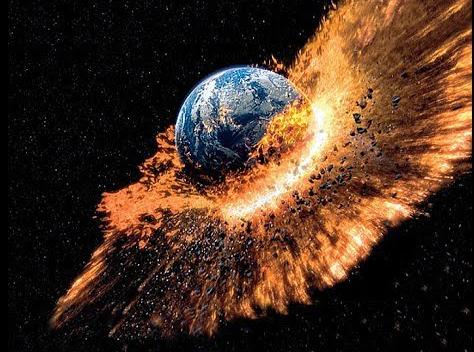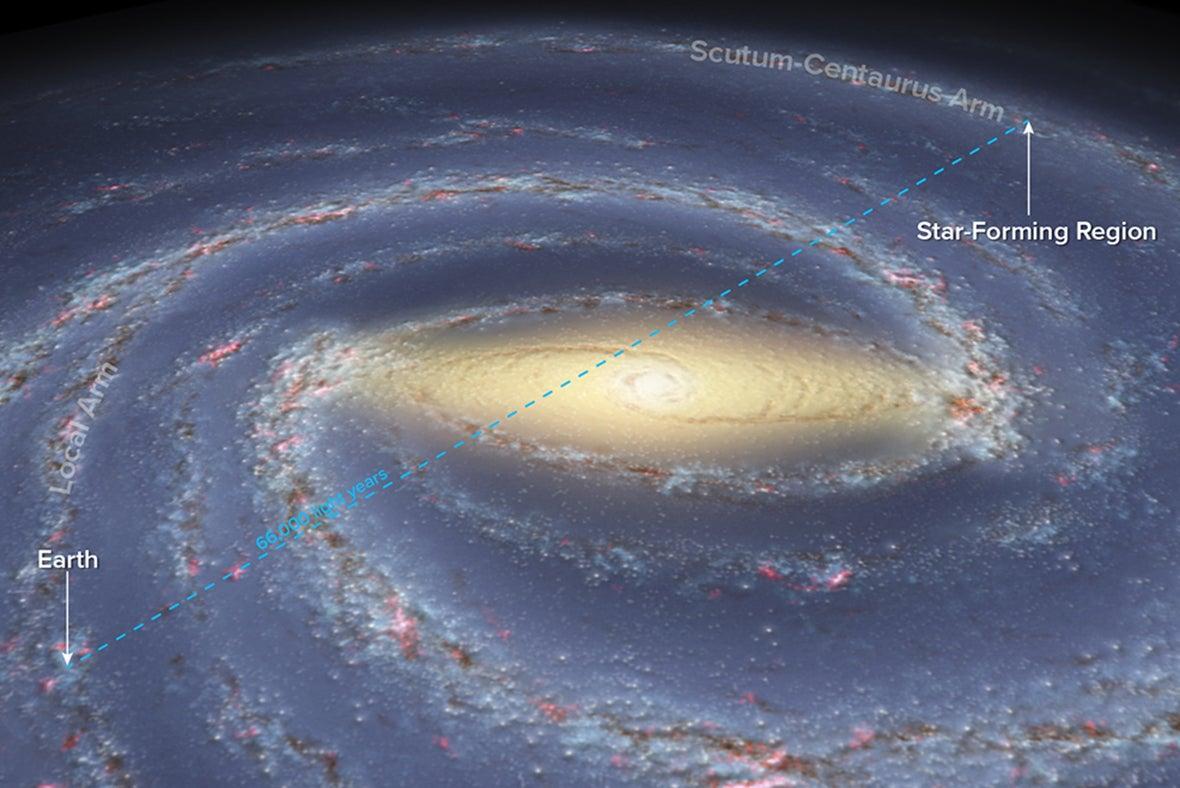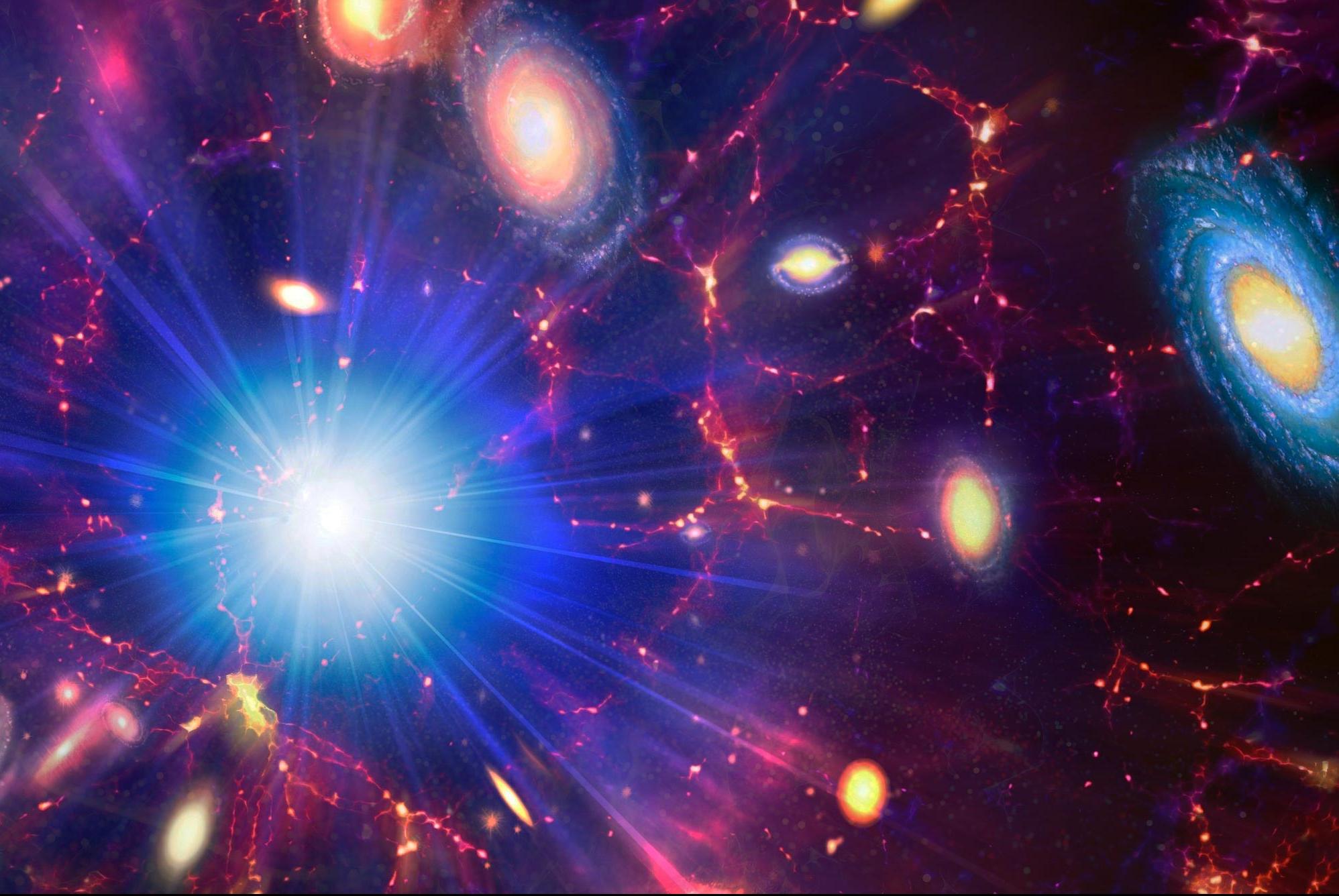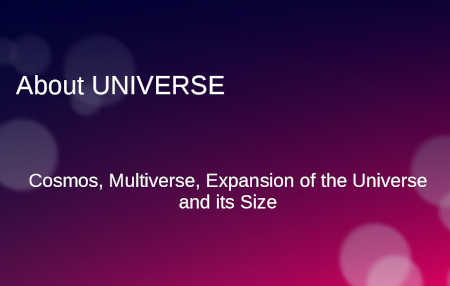Updated By: LatestGKGS Desk
The Big-Bang Theory: modern concept of the origin of universe

The big-bang theory and the origin of the universe
The most popular theory of our universe's origin centers on a cosmic cataclysm unmatched in all of history—the big bang. This theory was born of the observation that other galaxies are moving away from our own at great speed, in all directions, as if they had all been propelled by an ancient explosive force.
A Belgian priest named Georges Lemaître first suggested the big bang theory in the 1920s when he theorized that the universe began from a single primordial atom.
Big bang proponents suggest that some 10 billion to 20 billion years ago, a massive blast allowed all the universe's known matter and energy—even space and time themselves—to spring from some ancient and unknown type of energy.
The theory maintains that in the instant—a trillion-trillionth of a second—after the big bang, the universe expanded with incomprehensible speed from its pebble-size origin to astronomical scope. Expansion has apparently continued, but much more slowly, over the ensuing billions of years.
The glow of cosmic microwave background radiation, which is found throughout the universe, is thought to be a tangible remnant of leftover light from the big bang. The radiation is akin to that used to transmit TV signals via antennas. But it is the oldest radiation known and may hold many secrets about the universe's earliest moments.
The big bang theory leaves several major questions unanswered. One is the original cause of the big bang itself. Several answers have been proposed to address this fundamental question, but none has been proven—and even adequately testing them has proven to be a formidable challenge.


